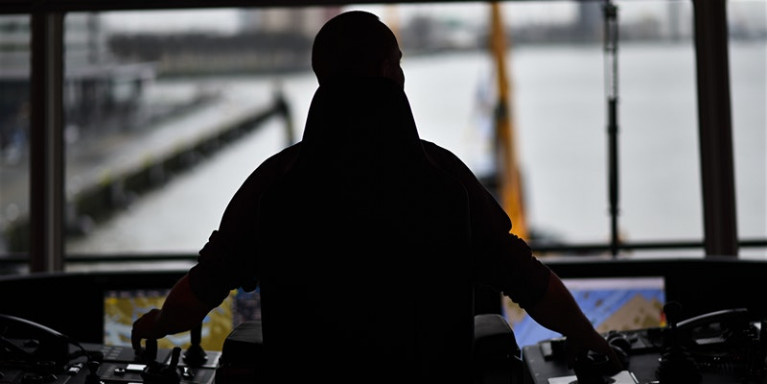Displaying items by tag: NMCI Cork
Seafarer Wellness Conference Postponed Until the Autumn
As Afloat previously highlighted the Seafarer Wellness Conference due to be held in Cork Harbour in a fortnight's time has now been postponed until the Autumn.
The joint organisers of the Seafarer conference, the Ireland Branch Of The Nautical Institute (website) and the Irish Institute of Master Mariners (IIMM) have agreed to take the difficult decision to postpone our event until the Autumn. This is for the benefit of speakers, delegates and guests.
The organisers added this decision was taken at this time to minimise any possible risks to guests due to the Coronavirus (COVID-19) and to give those travelling an opportunity to re-arrange any planned schedules. The decision was taken in consultation and agreement with experts and management.
Delegates who have registered and paid through Eventbrite can hold their tickets for the deferred conference or be reimbursed the delegate fee if they wish.
In addition the organisers thank all speakers, delegates and guests for their preparations over the past few months and look forward to welcoming all in the Autumn when hopefully the risk of illness has abated.
A conference seminar: 'Seafarer Wellness: Are the signals being read? is to be held on Thursday, 26 March (0900-17.00) at the National Maritime College of Ireland (NMCI), Ringaskiddy, Cork Harbour.
Organisers of the conference is the Ireland Branch Of The Nautical Institute (website) and the Irish Institute of Master Mariners (IIMM) in association with the Department of Maritime Studies at NMCI.
For a list of the seminar speakers list click this link
The conference will be an opportunity to meet colleagues, exchange views and inform Maritime Policy.
To register attendence and book tickets at €20 (incl refreshments and light lunch) click here and for a map of venue location.
For further information contact Deirdre at [email protected]






























































